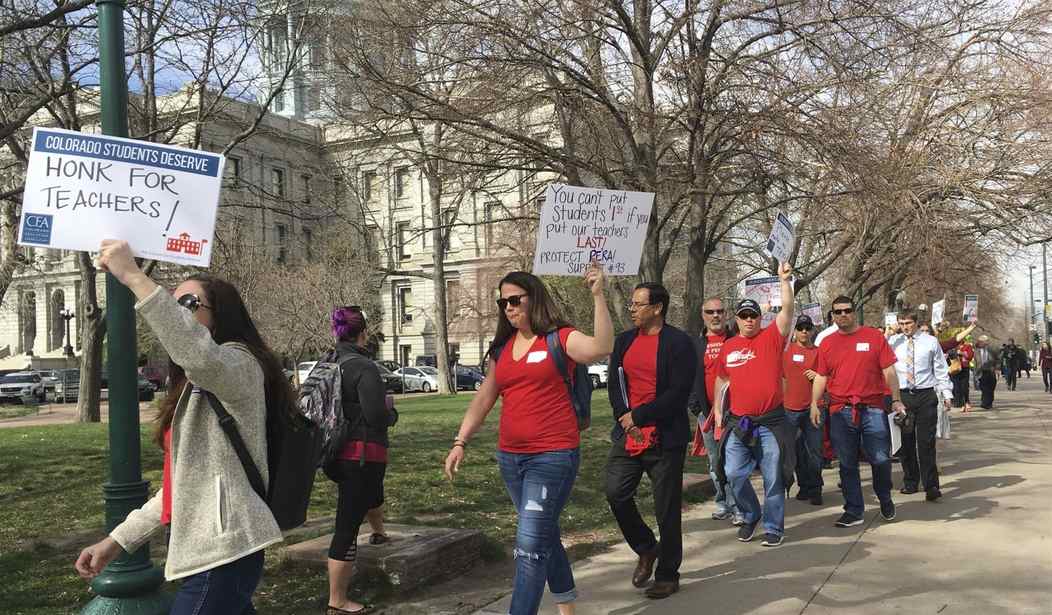The left claims to want to help people, but almost everything that they do hurts people. Unions hurt their members. Welfare advocates make it impossible to get off of welfare. But, it gets even more confusing as climate activists push for solutions that make life harder for people on Welfare and the anti-corporate wing of the left pushes for policies that hurt the entrepreneurs and innovators. Their attacks aren’t intentional, in fact, they have good intentions. However, they can’t see the forest for the trees.
One group in particular is a great example of these issues. The National Consumer Law Center (NCLC) claims to fight for low-income and disadvantaged people. That is a great mission, and one that almost everyone in the country would agree with.
But, as a part of fulfilling this mission they often sue the organizations that are helping out those same populations. From going after mortgage and auto loan practices to student loan debt and small loan practices, the organization’s mission is evident, but the end result is less access to capital, and fewer ways out of poverty than giving these individuals a helping hand.
NCLC has sued auto companies for unfair practices, Banks for unfair practices, and debt collectors for unfair practices. And, they often win their cases. The companies that they have gone after have been too aggressive both in the opinion of NCLC and the courts.
The problem arises when we look at the incentives that these “wins” create. If these “unfair” practices are removed from the business models – then the profit from them goes away. If the profit from collecting on bad debt goes – then the debt collection goes. And when bad debt can’t be resolved then lending disappears.
The problem isn’t that NCLC is necessarily wrong in their conclusion, given the cases that they have won – they aren’t wrong in their interpretation of the laws. Where they are wrong is in fulfilling their mission. If capital isn’t available to low-income communities – going to college becomes a multiple harder, buying a house becomes harder, and paying the rent and utilities can become impossible if anything unexpected happens.
Recommended
It is understandable that NCLC finds some of the debt collection practices appalling – and some of them they have proved to be illegal. However, if they really want to help out these communities, they should figure out a way to provide these services without the need of the aggressive practices that they despise. They should do the hard work of setting up businesses that can operate they way that they would support operation.
In the meantime cutting off the only means of accessing capital and better life is doing nothing more than hurting the people that their mission claims that they are helping.
As pointed out at the beginning, it isn’t just NCLC though. This type of counterproductive advocacy is the business model of the left. They hold up the moral flag – and then beat the people that they are claiming to help with that same flag. The left’s support of unions have given rise to high labor costs in the US, which has forced manufacturing of many products overseas. These market changes have hurt the union members, the unions, and all of the support industries that go along with the industries that they have hurt like the auto industry. And, while it's hard to climb out of poverty, the way that the left has designed welfare programs – the marginal tax rate on people climbing out of welfare can be higher than the tax rate of millionaire because as they are making more money and paying more taxes they are also losing benefits.
If the left wants to embrace advocacy that would truly help low-income and disadvantaged people they wouldn’t hurt the companies that are helping those people already – they would instead support entrepreneurs and innovative solutions that could do it better.
Charles Sauer (@CharlesSauer) is an author and a contributor to many publications. He is the president of the Market Institute and previously worked on Capitol Hill, for a governor, and for an academic think tank.

























Join the conversation as a VIP Member